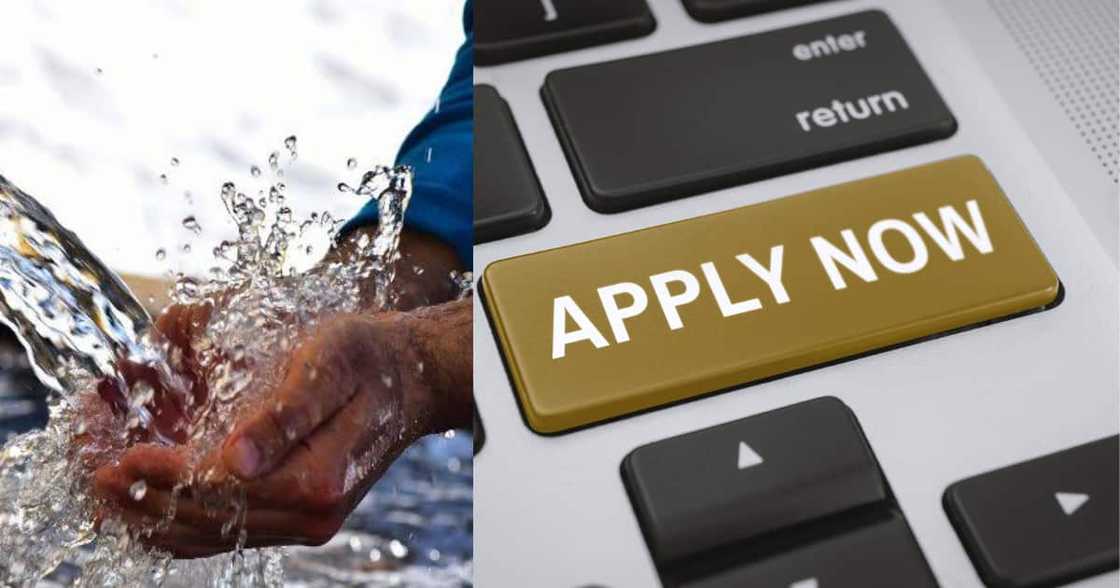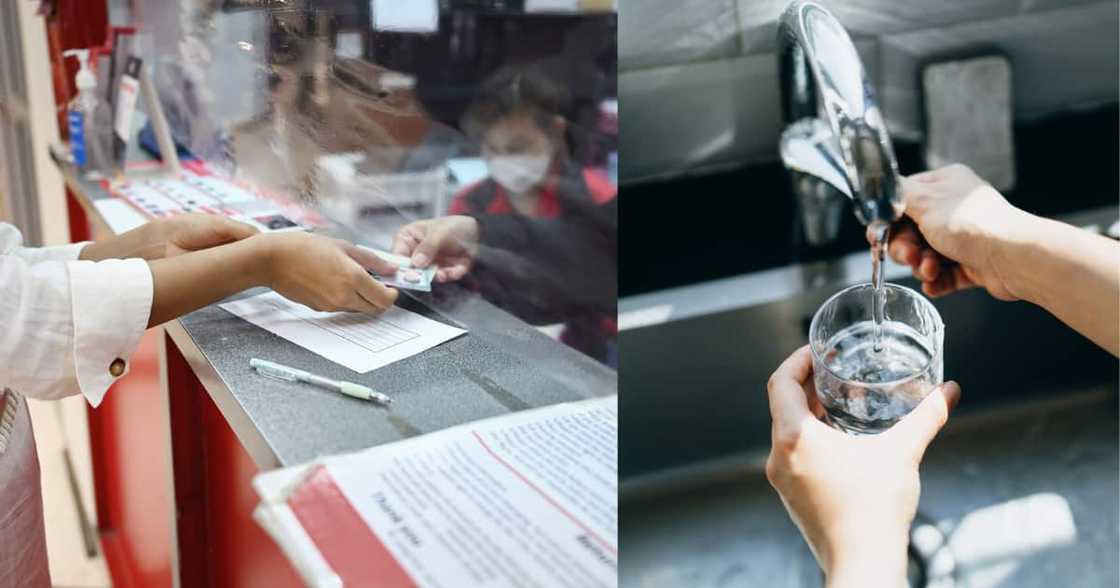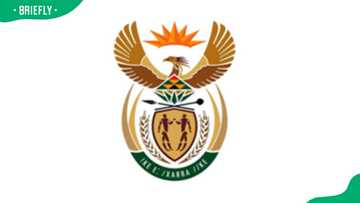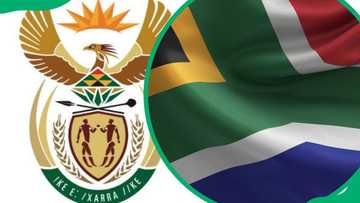Water use license application: Everything you need to know
Water remains a scarce resource in South Africa and needs to be used sparingly to ensure that its levels of availability do not reach concerning points. As such, the Department of Water and Sanitation has put laws governing water use, which users need to adhere to. Find out more about South Africa’s water use license.

Source: Twitter
If you need a water license, visit the department's official website for more information on how to start your application and what documents you will be required to present. Although it costs only R115 to apply, your application’s review can take time.
Who needs a water use license in South Africa?
Users who do not receive water from a service provider, local authority, water board, irrigation board, government water scheme or other bulk supplier must register with the Department of Water Affairs for a water use license.
Their reasons for using water include irrigation, mining, industrial use, and feedlots. Notably, such users need to apply for a license, as failing to do so lowers the chances of being approved of one.
How do you apply for a water license in South Africa?

Source: Twitter
You must have the correct information and required documents before beginning your application process. Follow the steps below to do so:
- Step 1: Download the relevant water-use registration and licensing application from the Department of Water’s website.
- Step 2: Fill out the forms according to the details provided.
- Step 3: Submit a comprehensive report to the department for approval. In your report, present a BBBEE motivation and specialist studies determining the sustainability of the proposed water use.
Do you need a license to sell water in South Africa?
Selling water from private boreholes requires a license, as laws govern areas with water sources. To avoid contravening these laws, you need to have a water use license to ensure that the water you use conforms to water quality and safety standards.
What is WULA?
WULA stands for water use license authorisation and refers to the permission the Department of Water granted to an applicant for a specific water use as set out in respective chapters.
Sources mention that this license is required when the water use exceeds the parameters stipulated in the general permission or is a new water use.
e-WUULAS
The electronic water use license application and authorisation system (e-WUULAS) is the online portal for the submission, processing and authorisation of water use applications.
The portal allows applicants to register their profiles, submit and track their applications, and interact with the department. Some of the options available to applicants on the portal include:
- Submission of applications and related documentation
- Tracking of applications
- Communication
- Support and assistance

Source: Getty Images
Applying for a water use license is imperative for anyone whose water uses go beyond those set out by the department’s rules and regulations. Furthermore, having a permit ensures that water is used accordingly.
READ ALSO: How to scrap traffic fines in South Africa
Briefly.co.za published an informative article pertaining to South Africa’s traffic rules. The article reports that traffic rules in the country are designed to ensure road safety, minimise accidents, and maintain orderly traffic flow. In case one violates these rules, there are fines applicable.
Consequences for not paying fines include the loss of your driver's license or even imprisonment.
Source: Briefly News




